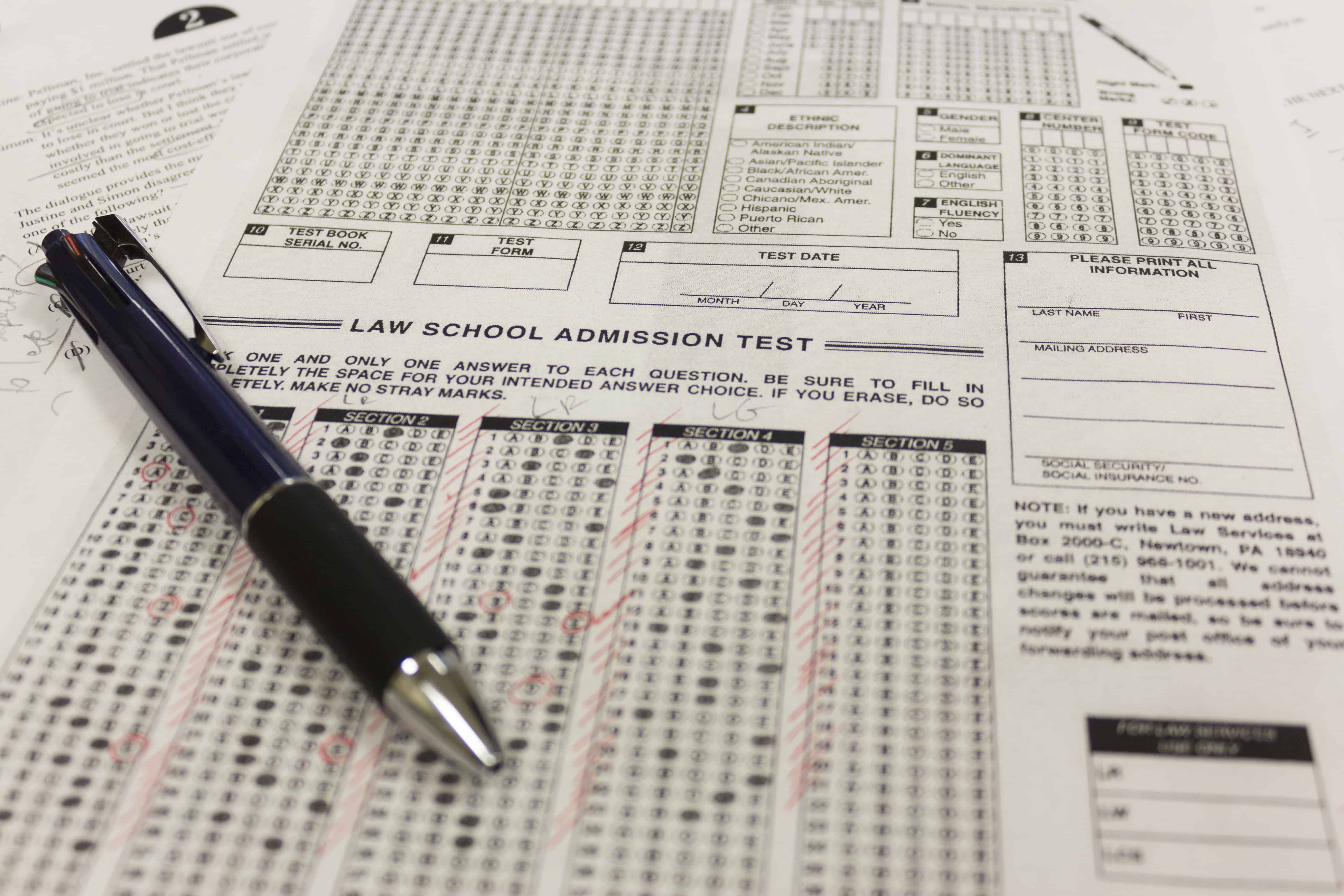Many aspiring lawyers look to Legally Blonde’s Elle Woods for inspiration, remembering that she scored 179 on the Law School Admission Test (LSAT) before being admitted to Harvard Law School. Yet, starting in the fall of 2017, prospective students will no longer need to even write the test in order to follow in her footsteps.
On March 8, Harvard Law announced that it would no longer require the LSAT for its admissions and that prospective applicants would be able to submit their Graduate Record Examination (GRE) scores in its place.
Considering how widespread the LSAT is in North America — including at Canadian universities — Harvard’s move away from the test is not only bold, but it could set positive precedent with respect to the inclusivity of future law school admissions.
Those familiar with the LSAT can certainly appreciate the significance of Harvard’s decision. According to the Law School Admission Council, the organization that produces and administers the LSAT, the test is “designed to measure skills that are considered essential for success in law school.”
However, many students continue to struggle with the examination, and some have been skeptical of the connection between doing well on the test and being a strong legal scholar.
Earlier this year, Harvard released a study showing that the GRE is equally effective to the LSAT in predicting first-year academic performance in law school, posing a challenge to the long-standing dominance of the LSAT.
Harvard’s decision to afford students other options invites other law schools to reconsider the importance of the LSAT in their admission criteria. This has meaningful implications beyond the LSAT’s effectiveness in judging a candidate on their merits — it also opens doors to applicants who may otherwise be turned away.
The statement posted on the Harvard website reflects this rationale, as it states that the program “is part of a wider strategy at Harvard Law School to expand access to legal education for students in the United States and internationally.”
For many applicants to law schools and graduate schools, having to prepare for both the GRE and the LSAT is often an unaffordable and extremely strenuous process. Both the LSAT and the GRE carry a hefty price tag to even write the test — not to mention the cost of books or tutoring, if needed — along with months of study that may otherwise go toward other endeavours, including paid employment.
By allowing applicants to submit GRE scores, Harvard Law will open its doors to many who were not able to prep for both tests at once.
It can be argued that the GRE is a much more accessible test. While the LSAT is offered four times a year, the GRE is offered almost every day on a year-round basis. Moreover, the GRE can be taken up to five times every year, while the LSAT can only be repeated three times in a two-year period.
Finally, aside from making the application process more accessible, allowing GRE scores will attract a whole different faction of applicants to Harvard Law. Because the GRE is accepted by a wide variety of graduate schools, there is significant diversity in the GRE test-taking pool itself.
This is fitting, considering that law is a profession that constantly intersects with other fields of expertise.
As the Dean of Harvard Law Martha Minow put it, “Law needs students with science, technology, engineering and math backgrounds. For these students, international students, multidisciplinary scholars, and joint-degree students, the GRE is a familiar and accessible test, and using it is a great way to reach candidates not only for law school, but for tackling the issues and opportunities society will be facing.”
As for Canadian students, the impact of Harvard’s decision remains to be seen. U of T Law has made no strides in the same direction. Given that the GRE is not required for admission to Canadian graduate schools, let alone law schools, they are unlikely to follow suit.
Yet, as said by Christopher Loss, an Associate Professor of Public Policy and Higher Education at Vanderbilt University, “When Harvard sneezes, everyone gets a cold.” Considering Harvard’s prestigious reputation, it is possible that this decision will have a ripple effect on other American law schools.
At the very least, Harvard has made a wide-reaching statement about access to legal education and intellectual diversity within law school admissions — one that North American schools will hopefully not take lightly.
Yael Kogan is a fourth-year student at Trinity College studying Criminology, Ethics, Society, and Law, and Jewish Studies.


